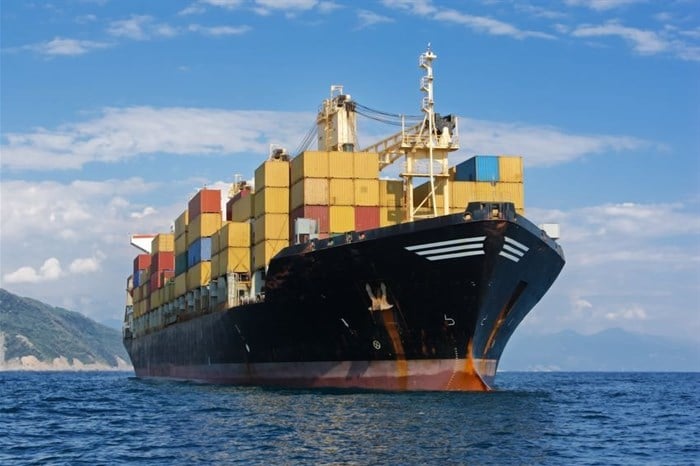






This strategically-positioned coastline places South Africa in a position to serve as a maritime hub and an ideal maritime transit point and a centre of global trade. The maritime sector has the potential to unlock economic growth opportunities for the country and position South Africa as the gateway to Africa.
The South African oceans economy has the potential to contribute R54bn to local GDP and the ability to create 316 000 jobs, according to a study conducted by the Nelson Mandela Metropolitan University.
The South African government has successfully outlined and implemented a growth blueprint for the ocean economy which is known as Operation Phakisa. This initiative has already created 40 000 jobs, and the sector itself is estimated to have contributed over R25-billion to the country’s GDP.
The success of Operation Phakisa is also attributable to the country’s unique selling point, which is its world-class infrastructure in all its eight major ports, which includes one of world’s biggest coal terminals at Richards Bay, the southern hemisphere’s deepest and biggest natural harbour of Saldanha, and two of the world’s top container ports – Durban and Cape Town.
These ports serve as an important flow of the mineral bulk including coal and iron ore, agricultural produce such as wheat, maize, soya, animal fee and fresh produce, and automotive vehicles and components, timber and forest products.
Despite the strides that the ocean economy has made in revitalising the economy, the sector is constrained by high port costs compared to other countries in the region which render local ports uncompetitive.
The outbreak of the Covid-19 pandemic has further slowed the growth of the sector as travel restrictions resulted in subdued demand and created bottlenecks at the ports of entry.
While Covid-19 has had an adverse impact on the maritime sector in South Africa, the pandemic also accelerated the digital transformation of the sector. Covid-19 health and safety protocols has necessitated people to minimise physical interaction and opt for touchless technologies to minimise the transmission of the virus.
To that end, Servest predicts that autonomous or remote ships, drones, and e-learning will be the smart solutions that will define the operations of the maritime industry. As the country enters the post-Covid-19 era, innovation and digitisation in the maritime sector will become more pronounced as the industry starts to reap the benefits of digitisation and realise the operational efficiency that results from deploying smart solutions.
We are already seeing autonomous ships launching out to sea with minimal crew on board. Drone technology with advanced technology to dispatch smaller items to ships and virtual e-learning training programmes for seafarers on board will become the new norm.
The maritime industry is under immense pressure to reduce its carbon footprint. Innovative and customised solutions will go a long way towards edging the sector towards decarbonisation and lessen its carbon footprint.
With the economy unable to soak up youth unemployment which is at an all-time high of 34.9%, the maritime industry is well-positioned to provide career opportunities to young graduates. The maritime industry offers a wide variety of opportunities, including but not limited to deck officers, engineers, skippers, maritime lawyers, and many more.
The maritime sector, which accounts for more than 90% of cross-border trade, is resilient and has weathered many storms, the most recent being the Covid-19 pandemic.
Maritime transport is the backbone of the global economy. The industry is undergoing rapid transformation that is driven by a range of technological innovations aimed at making operations greener, cheaper, and more efficient.
The foundation for building on the success of the industry are firmly in place. Servest believes that the impetus for accelerating the growth of the industry lies in the deployment of customised smart technologies that will be driven by a skilful and dedicated personnel.